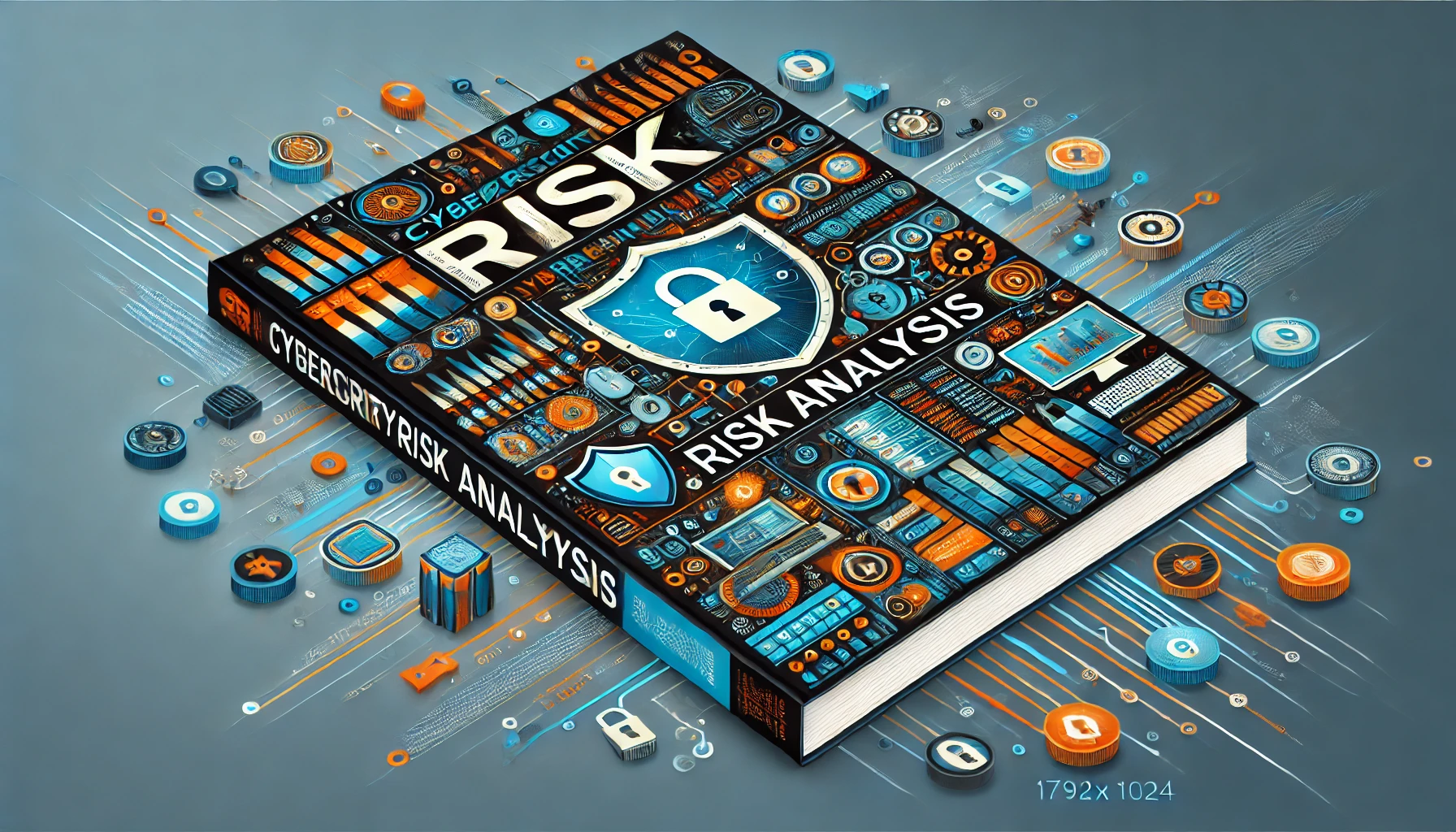Supply chain cybersecurity has become a pressing concern in today’s interconnected world. As businesses increasingly rely on third-party vendors, suppliers, and service providers, the potential attack surface for cybercriminals expands exponentially. In this blog post, we will explore the importance of securing the supply chain and discuss effective strategies to mitigate the associated risks.
Understanding the Risks
Before delving into the solutions, it is crucial to comprehend the risks involved in supply chain cybersecurity. A compromised supply chain can lead to devastating consequences, including:
- Data breaches and unauthorized access to sensitive information
- Integrity and authenticity of products or software being compromised
- Distribution of counterfeit or malicious products
- Operational disruptions and financial losses
Securing the Supply Chain
Securing the supply chain requires a comprehensive approach that involves:
1. Vendor Risk Management
Thoroughly vetting and selecting vendors is paramount. Implement a robust vendor risk management program that assesses potential vendors based on their security practices, compliance with industry standards, and track record.
2. Secure Communication Channels
Establishing secure communication channels with vendors helps protect sensitive data during transmission. Implementing encryption, secure file transfer protocols, and multi-factor authentication can significantly enhance the security of data exchanges.
3. Regular Audits and Assessments
Conduct regular audits and assessments to evaluate the security posture of your supply chain partners. This includes assessing their security controls, incident response plans, and overall compliance with cybersecurity best practices.
4. Continuous Monitoring
Implement real-time monitoring solutions to detect any anomalies or suspicious activities within your supply chain. This enables early detection of potential threats, allowing for prompt mitigation and response.
5. Incident Response Planning
Develop a comprehensive incident response plan that includes supply chain-specific scenarios. This ensures a swift and coordinated response in the event of a security breach or compromise.
Conclusion
With cyberattacks becoming more sophisticated, securing the supply chain has never been more critical. By implementing robust vendor risk management practices, securing communication channels, conducting regular audits, continuous monitoring, and having a well-defined incident response plan, organizations can strengthen their supply chain cybersecurity defenses and minimize the risk of compromise.







